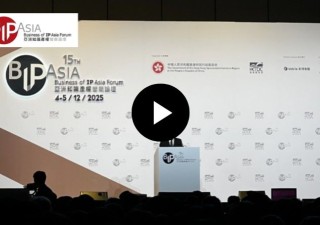US House, Senate Call for Investigation of Indian Industrial Policy
04 October 2013

Members of the United States Congress are asking the International Trade Commission for an investigation of what they call India’s discriminatory industrial policies that impact America’s economy.
American export volume to India is deemed too low for the size of the country, say Senate Finance Committee chair Max Baucus and ranking member Orrin Hatch, and House Ways and Means Committee chair Dave Camp and ranking member Sander Levin. The four have asked the ITC to submit a report by November 30, 2014, detailing Indian policies that restrict and violate American trade and intellectual property.
“We are writing to request the Commission to conduct an investigation regarding Indian industrial policies that discriminate against US imports and investment for the sake of supporting Indian domestic industries, and the effect that those barriers have on the US economy and US jobs,” they wrote in a joint letter to ITC chair Irving Williamson.
The investigation is expected to help the US government understand the trade issues and develop appropriate responses.
“India has introduced new localization-forcing measures such as local content and technology transfer requirements in the green technology and information and communications technology sectors,” Baucus and his colleagues wrote. “And India has not yet taken action to fully and effectively protect and enforce copyrights, including in the digital environment, and has applied its patent law in a discriminatory manner. We are very concerned about the broader impact that India’s trade policy may be having on the global trading system, both in terms of the model it is setting for other countries and the drag it is exerting on multilateral trade negotiations.”
The four asked the ITC to provide an overview of trends and policies in India affecting trade and foreign direct investment in that country’s agriculture, manufacturing and service sectors, as well as the overall business environment.
“The overview should take a historic view, but focus on the period since 2003. It should include examples of changes in tariff and non-tariff measures, including measures related to the protection of IP rights, and other actions taken by India’s government to facilitate or restrict the inflow of trade and FDI,” they wrote.






